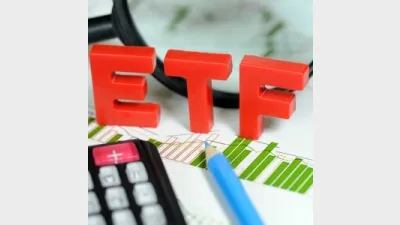ETFs become more attractive for institutions



The percentage of Australian institutional investors allocating to exchange traded funds (ETFs) is expected to increase to 56 per cent in the near future, according to the VanEck’s study.
The VanEck’s Australian Institutional ETF Usage Survey also found that more than two thirds of respondents said that ETFs would become a prevalent tool for portfolio construction as they were an effective avenue for exposure to different asset classes and market.
Currently, Australian institutions were using ETFs to access Australian equities (67 per cent), international equities (67 per cent) and Australian and global fixed income (50 per cent).
ETFs were also used as a tool for strategic asset allocation (44 per cent), tactical asset allocation (39 per cent), cash equitisation (33 per cent) and transition management (28 per cent).
Additionally, the majority of Australian institutional investors (60 per cent) tended to hold ETFs for longer than one year and most were making average ETF trades of less than $10 million (61 per cent), with 18 per cent of them investing greater than $100 million.
According to the respondents, liquidity, ETF costs, transparency and the reputation of the ETF provider were among the most important factors when choosing an ETF.
VanEck’s Australia’s managing director, Arian Neiron, said: “We see that institutions are integrating ETFs into their portfolios for a range of strategic and tactical functions to achieve exposures to a diversified range of asset classes”.
“The global ETF market has grown rapidly over the past 10 years, reaching $US3.8 trillion and all signs point to continue growth.
“Institutional usage of ETFs is an important part of this growth story,” he said.
According to VanEck, ETFs were on track to becoming as common as stocks, derivatives and bonds in institutional portfolios.
Recommended for you
BlackRock Australia plans to launch a Bitcoin ETF later this month, wrapping the firm’s US-listed version which is US$85 billion in size.
Financial advisers have expressed concern about the impact including private market exposure is having on their tracking error budget, according to MSCI.
State Street will restrict its membership of global climate alliance Net Zero Asset Managers after the organisation dropped its flagship 2050 goals amid ESG backlash from the US.
Betashares has launched a global shares and a global infrastructure ETF as part of the firm’s strategic expansion strategy to support financial advisers in building more diversified portfolios.












